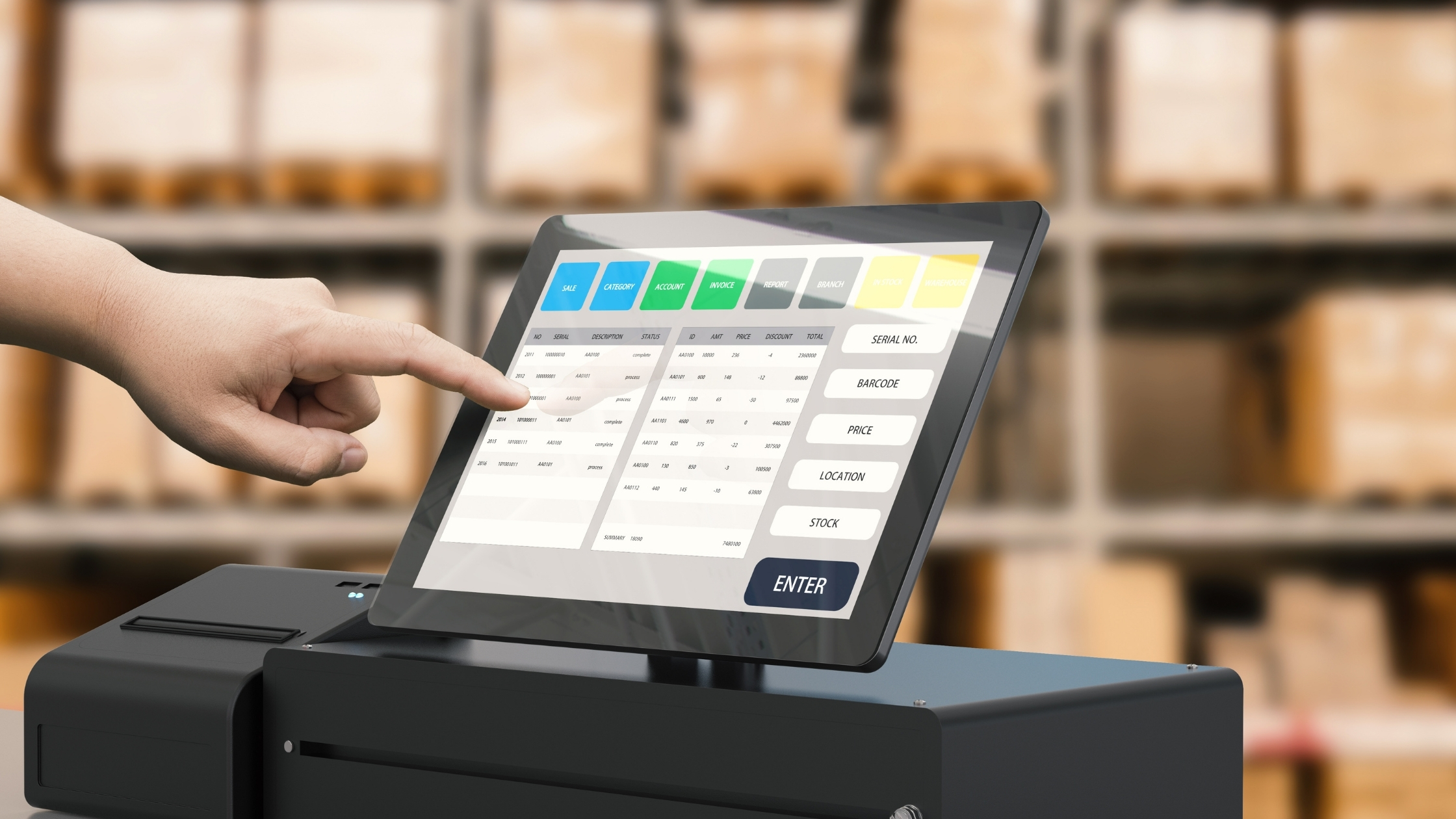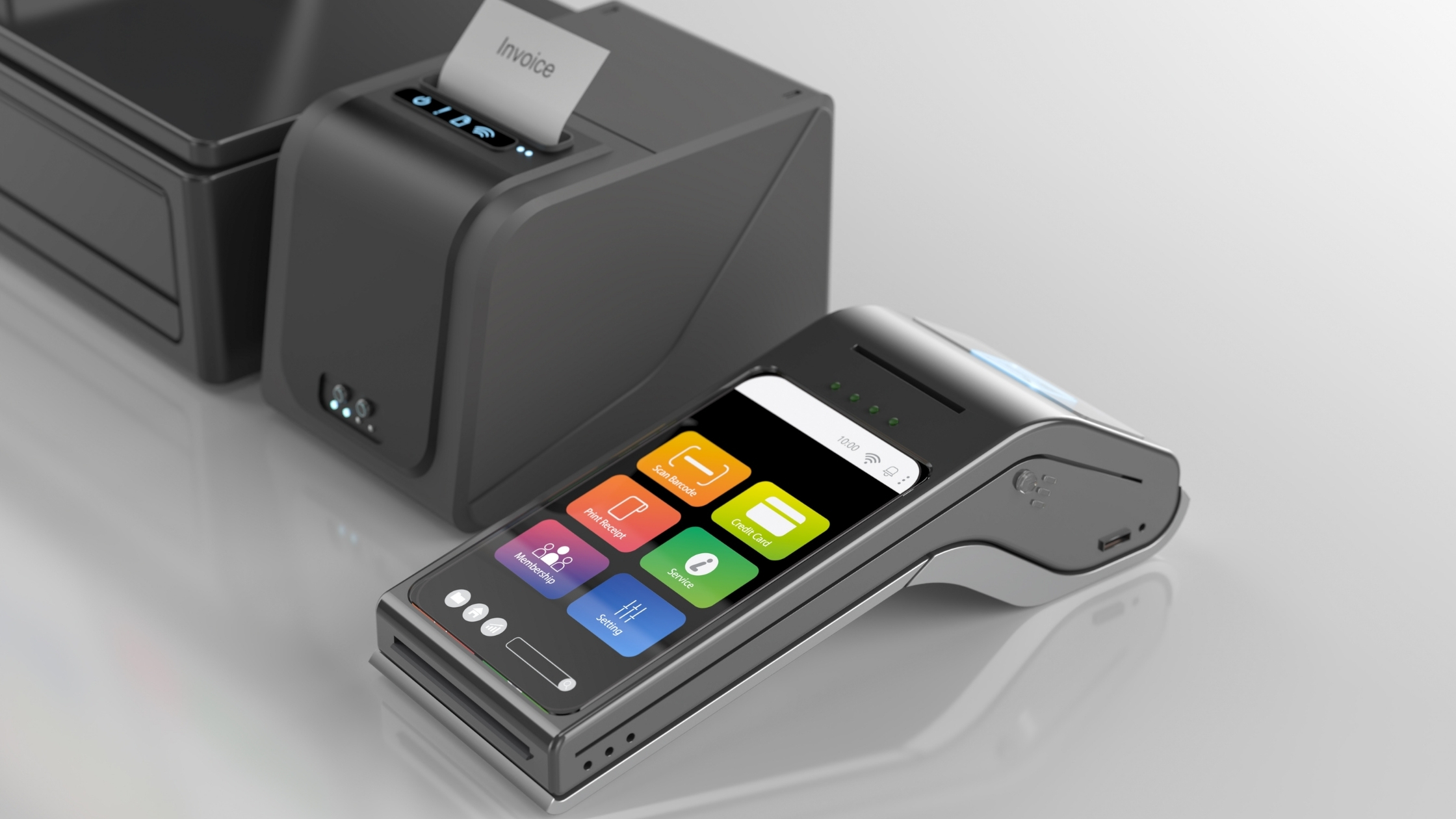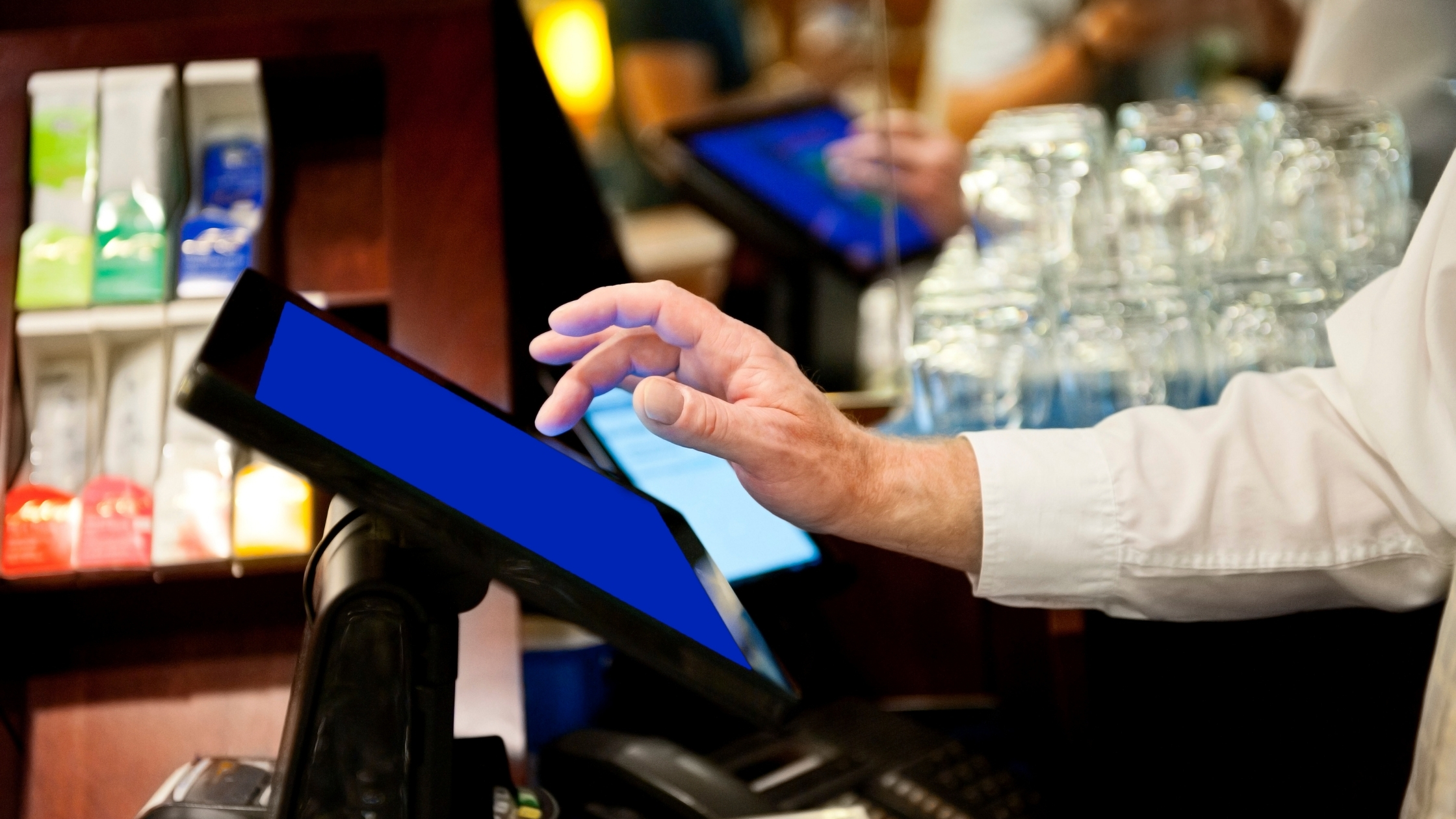Running a business today requires more than a basic cash register. You need a POS system cash register that not only processes payments but also helps manage inventory, track employee performance, and deliver valuable insights into your operations. Whether you own a retail store, a restaurant, or a mobile food truck, the right system can elevate your efficiency and boost your bottom line.
Let’s dive into everything you need to know before investing in a POS system cash register in 2025.
What Is a POS System Cash Register?
A POS system cash register is a modern solution that integrates hardware and software to manage sales transactions, inventory, and customer data. Unlike traditional registers, these systems provide business owners with real-time reporting and streamlined operations.
They come in two primary forms: fixed and mobile. Where the fixed systems, like those used in retail stores and restaurants, are stationary units that include a touchscreen, cash drawer, receipt printer, and card reader, on the other hand, mobile POS systems (mPOS) operate on tablets or smartphones, making them perfect for businesses on the move.
Key Features to Look For
Selecting a POS system cash register involves more than choosing a sleek device where you need a system that adapts to your operations. Here’s what to consider:
- User-Friendly Interface: A clean, intuitive interface minimizes training time and reduces human errors.
- Robust Inventory Management: Track inventory in real time and receive alerts when stock runs low.
- Flexible Payment Options: Accept chip cards, contactless payments, gift cards, and even digital wallets.
- Employee Management Tools: Assign roles, monitor performance, and manage schedules directly from the POS.
- Real-Time Reporting: Generate sales and performance reports instantly to make informed decisions.
Thanks to advanced features like offline mode and multi-layered security, many POS systems now operate seamlessly even during internet outages.
Fixed vs. Mobile POS System Cash Registers
Understanding your business flow helps you choose between a fixed or mobile solution.
Fixed POS systems
They are ideal for businesses with dedicated checkout areas. They offer full integration with accessories like barcode scanners, kitchen printers, and dual displays for customers.
Mobile POS systems
They are perfect for businesses that operate in dynamic environments. From food trucks to pop-up shops, these portable registers offer flexibility and convenience without compromising functionality.

Industry-Specific POS System Solutions
Different industries have unique needs when it comes to choosing a POS system cash register. Here’s a breakdown of how businesses typically align:
- Retail Stores: Require barcode scanning, inventory sync, and loyalty programs.
- Restaurants & Cafes: Need kitchen display systems, custom menus, and tableside ordering.
- Service-Based Businesses: Benefit from appointment scheduling, invoicing, and customer history tracking.
- Pop-up Shops or Market Vendors: Rely on portable devices with offline functionality and compact hardware.
By tailoring your POS features to your industry, you enhance both operational flow and customer satisfaction.
Cloud-Based vs. On-Premise POS Systems
Your point of sale cash register can either be cloud-based or installed on-site:
- Cloud-Based POS: Offers flexibility, remote access, and automatic updates. Ideal for growing or multi-location businesses.
- On-Premise POS: Data is stored locally, providing more control but requiring manual updates and dedicated IT support.
Although cloud-based systems are more common in 2025, the best option still depends on your infrastructure and risk tolerance.
Benefits of Using a POS System Cash Register
Adopting a POS system cash register delivers numerous advantages:
- Improved Efficiency: Reduce wait times and keep lines moving quickly.
- Enhanced Accuracy: Eliminate manual errors with digital record-keeping and automated price calculations.
- Data-Driven Insights: Access analytics to identify trends, forecast inventory, and optimize staffing.
- Customer Satisfaction: Offer faster checkouts and multiple payment methods to enhance the buying experience.
- Security Assurance: End-to-end encryption and employee access control keep your data safe.
Moreover, cloud-based systems allow you to manage your business from anywhere, at any time.
Common Mistakes to Avoid When Buying a POS System
Even the best businesses can make costly mistakes when selecting a POS system or cash register. Here are a few to avoid:
- Ignoring Scalability: Choose a solution that grows with your business, not just fits your current size.
- Overlooking Support: Reliable customer service is critical during outages or issues.
- Forgetting Integration: Ensure your POS integrates with accounting, CRM, and marketing tools.
- Underestimating Training Time: Look for intuitive systems that reduce the learning curve.
By avoiding these pitfalls, you make a smarter investment and avoid operational downtime.
Final Thoughts
A modern POS cash register is a powerful tool that can transform your business operations. From inventory control to secure payment processing, it offers everything you need to stay competitive. With so many options available, finding the perfect solution may seem daunting, but the right system will pay off in both time and money.
For any size of restaurant businesses seeking a reliable and open-source option, Floreant POS provides a feature-rich platform that’s trusted by thousands of users worldwide.

FAQs
1. What is the difference between a POS system and a traditional cash register?
A traditional cash register only handles sales and prints receipts. In contrast, a POS system cash register manages sales, tracks inventory, monitors employees, and generates reports.
2. Can a POS system cash register accept contactless payments?
Yes, most modern POS systems support a variety of payment methods, including NFC (contactless), chip cards, mobile wallets, and gift cards.
3. Is it worth investing in a mobile POS system?
If your business operates in a flexible or on-the-go environment, a mobile POS system offers great advantages. It’s portable, versatile, and capable of handling most transaction types efficiently.
4. How much does a POS system cash register cost?
Costs vary widely based on features and hardware. Basic systems may start under $500, while full-featured setups can reach several thousand dollars. Don’t forget to factor in monthly software fees and payment processing charges.







